On the morning of August 12, the first meeting of the North Central and Central Coastal Coordination Council took place in Nha Trang city, Khanh Hoa province. Deputy Prime Minister Tran Hong Ha attended and delivered a speech.
The Deputy Prime Minister emphasized that the establishment of the Regional Council is a legal basis for members to jointly resolve inter-sectoral, local and regional issues. This is the first time the country has a Regional Coordination Council with the necessary legal mechanism to carry out many important tasks of the country. Therefore, the Deputy Prime Minister requested that the members of the Council focus on clarifying issues related to proposing mechanisms, policies, solutions and plans to develop localities according to their available potential and advantages.
With those orientations, members of the Regional Council have proposed specific solutions for each field, industry and locality.
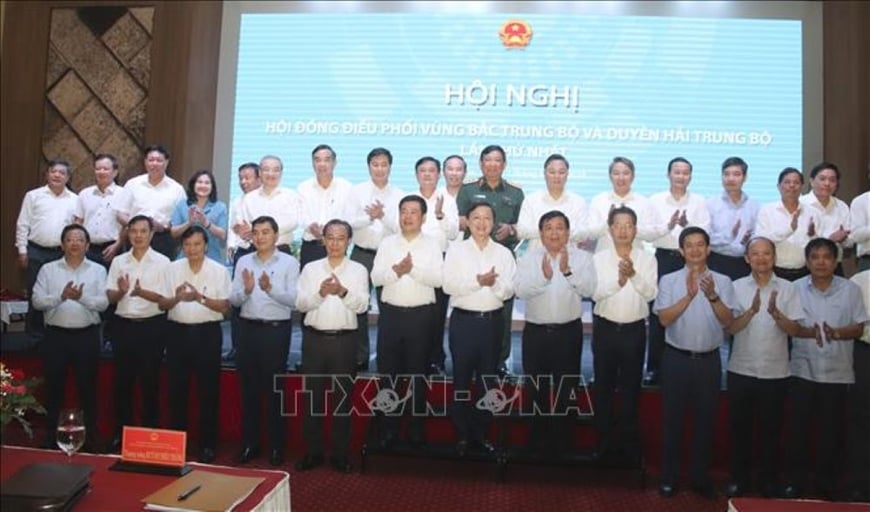 |
Deputy Prime Minister Tran Hong Ha and delegates attend the Coordination Council of the North Central and Central Coast regions. |
Minister of Industry and Trade Nguyen Hong Dien said that it is necessary to orient the development of the region towards maximizing the potential and advantages of the locality, ensuring the development of green energy, high-tech industry, import and export, border trade, developing the region into a key tourist area of the country, developing centers, logistics associated with seaports, airports and border gates. At the same time, the region needs to expand, build a national center for refining, petrochemicals, and energy; develop digital government to shorten the time, attract investment for localities and in the region.
In addition, human resource development is also important, prioritizing high-quality educational programs to meet the process of industrialization, modernization, and international economic integration.
Deputy Minister of Transport Nguyen Danh Huy raised the difficulties and challenges regarding resources in the process of regional development planning, thereby proposing that in the planning process, it is necessary to determine the potential of each province, avoiding mutual cancellation. The Ministry will closely coordinate with localities when planning seaports, airports... For the airport system, within a 100km radius, a domestic airport will be planned to maximize the source of regional connecting passengers.
Deputy Minister of Agriculture and Rural Development Phung Duc Tien said that all 14 provinces in the region have sea, which is favorable for the development of marine economy and fisheries. To reduce the pressure on natural fisheries exploitation while marine resources are decreasing, inter-regional aquaculture is also an effective solution to develop the marine economy, contributing to removing the EU's yellow card for illegal, unreported and unmanaged fishing by fishermen. Inter-regional fishing ports and inter-regional anchorage areas will also be proposed for development by the Ministry of Agriculture and Rural Development.
Concluding the conference, Deputy Prime Minister Tran Hong Ha highly appreciated the opinions expressed with comprehensive, strategic thinking, high value, practicality, and contributions to the country. The Deputy Prime Minister requested the members of the Regional Council to immediately carry out the assigned tasks and soon have the results reported at the Regional Planning Conference in September; it is necessary to determine the working mechanism, demonstrate responsibility and enthusiasm, identify the assigned tasks that must be done immediately, and the tasks in the plan that must be implemented.
The Deputy Prime Minister requested the Ministry of Information and Communications to quickly implement a database application (app) for the Regional Council to exchange information; the Ministry of Planning and Investment, sectors and provinces in the Regional Council will establish the content. The Ministry of Planning and Investment, based on the contributions of members, will develop regional planning based on potential advantages, optimizing the advantages of each province, sub-region and region.
The Ministry of Industry and Trade considers the issue of green energy, the Ministry of Transport plans new thinking on the development of seaports and aviation. The Ministry of Education and Training and the Ministry of Health consider establishing regional education and medical centers. The Ministry of Finance forms a regional fund, the Ministry of Natural Resources and Environment plans on marine resources...
“On behalf of the Regional Council, the Deputy Prime Minister pledged to do a good job, with high determination and commitment to carry out the work promptly and effectively, making the most of the advantages of each locality, promoting economic development of the province, sub-region, North Central region and Central Coast region,” Deputy Prime Minister Tran Hong Ha emphasized.
On this occasion, the North Central and Central Coastal Coordination Council chaired by Deputy Prime Minister Tran Hong Ha was launched. Leaders of ministries, sectors and 14 provinces and cities from Thanh Hoa to Binh Thuan are Vice Chairmen and members.
Previously, on July 11, the Prime Minister signed Decision No. 824/QD-TTg on the establishment of the Coordination Council for the North Central and Central Coast regions.
The North Central and Central Coast regions include 14 provinces and cities (Thanh Hoa, Nghe An, Ha Tinh, Quang Binh, Quang Tri, Thua Thien Hue, Da Nang, Quang Nam, Quang Ngai, Binh Dinh, Phu Yen, Khanh Hoa, Ninh Thuan and Binh Thuan), with a natural area of 95.86 thousand km2 (accounting for 28.9% of the country's area). This is a region with a particularly important strategic role and position in terms of economy, politics, culture, society, environment, foreign affairs and national defense, security, and sovereignty over seas and islands; an important bridge in international economic and cultural exchanges...
The region plays a particularly important role in developing the marine economy with nearly 2,000km of coastline (accounting for 60% of the country's coastline), 11 out of 18 coastal economic zones of the country (accounting for 61.1%); is the gateway to the sea for the Central Highlands provinces, connecting the East-West Economic Corridor with international maritime routes.
The planning of the North Central and Central Coastal regions for the period 2021-2030, with a vision to 2050, is of great significance, ensuring consistency and conformity with the national master plan and national sectoral plans. At the same time, the planning will ensure synchronization, efficiency and sustainability with a focus on rapid and sustainable development on all three pillars of economy - society - environment with the foundation of science, technology, innovation, digital transformation; promoting intra-regional linkages, between the region and other regions in the country; considering regional development linkages as an inevitable trend, a driving force for connecting and leading the development of localities in the region.
The task has been approved by the Prime Minister in Decision No. 462/QD-TTg dated April 14, 2022; The Ministry of Planning and Investment has developed the content on viewpoints, goals, and priority development orientations of the region, as a basis for building regional planning....
News and photos: VNA
*Please visit the Politics section to see related news and articles.
Source


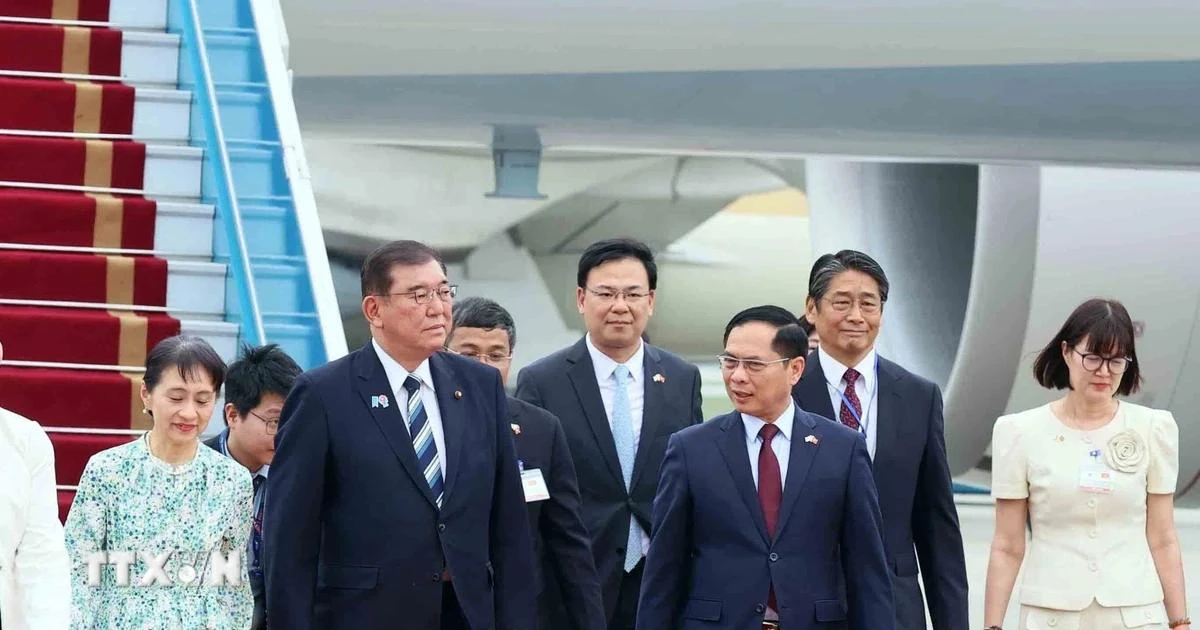
![[Photo] General Secretary To Lam receives Chairman of the Liberal Democratic Party, Japanese Prime Minister Ishiba Shigeru](https://vstatic.vietnam.vn/vietnam/resource/IMAGE/2025/4/27/63661d34e8234f578db06ab90b8b017e)
![[Photo] Fireworks light up Hanoi sky to celebrate national reunification day](https://vstatic.vietnam.vn/vietnam/resource/IMAGE/2025/4/28/5b4a75100b3e4b24903967615c3f3eac)
![[Photo] Living witnesses of the country's liberation day present at the interactive exhibition of Nhan Dan Newspaper](https://vstatic.vietnam.vn/vietnam/resource/IMAGE/2025/4/27/b3cf6665ebe74183860512925b0b5519)
![[Photo] General Secretary To Lam's wife and Japanese Prime Minister's wife make traditional green rice cakes together](https://vstatic.vietnam.vn/vietnam/resource/IMAGE/2025/4/27/7bcfbf97dd374eb0b888e9e234698a3b)
![[Photo] Japanese Prime Minister's wife visits Vietnamese Women's Museum](https://vstatic.vietnam.vn/vietnam/resource/IMAGE/2025/4/27/8160b8d7c7ba40eeb086553d8d4a8152)




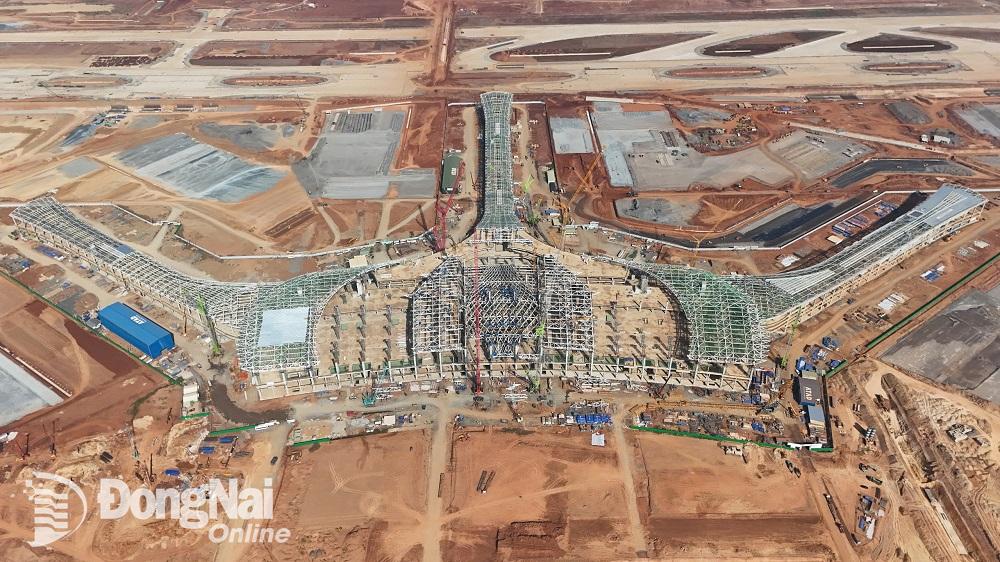

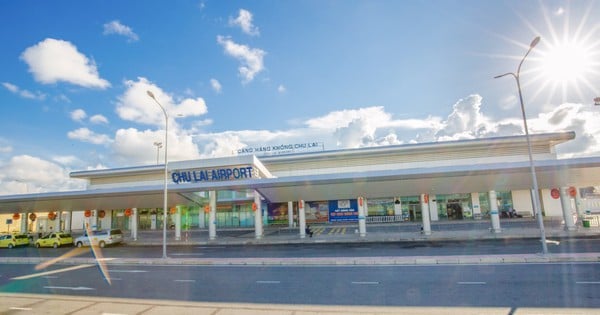

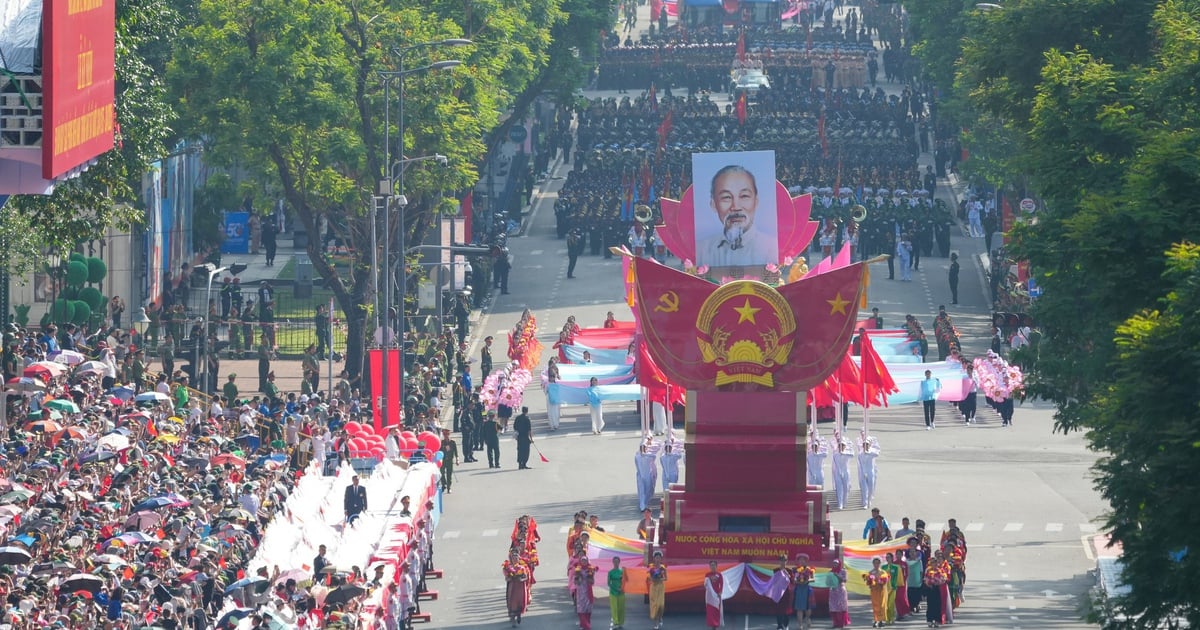
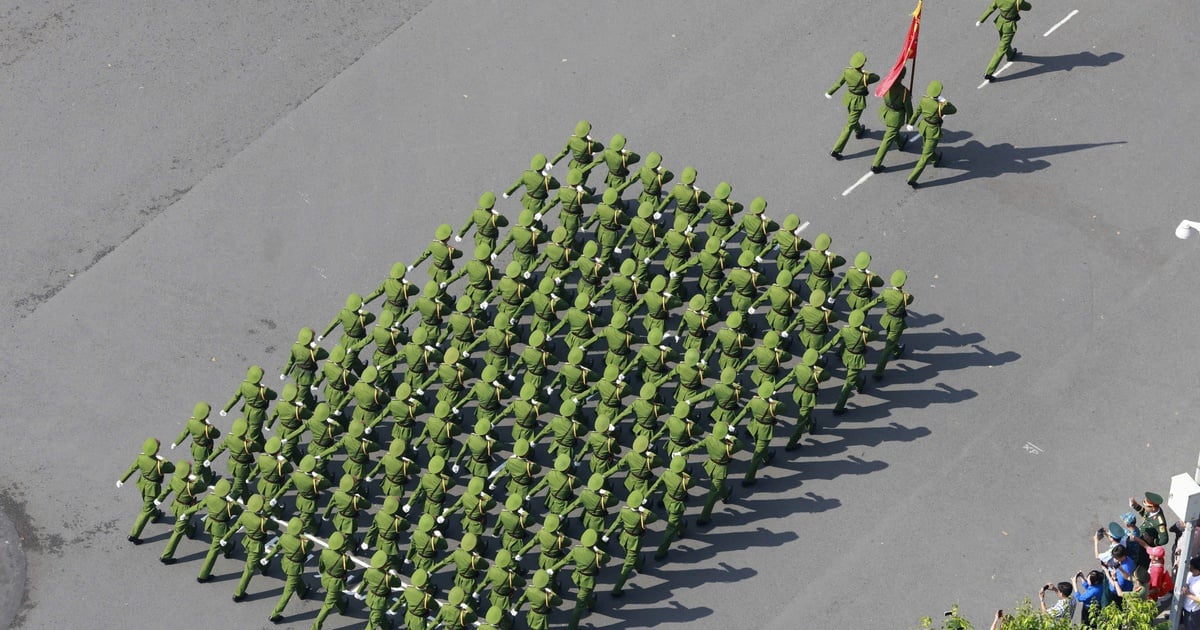


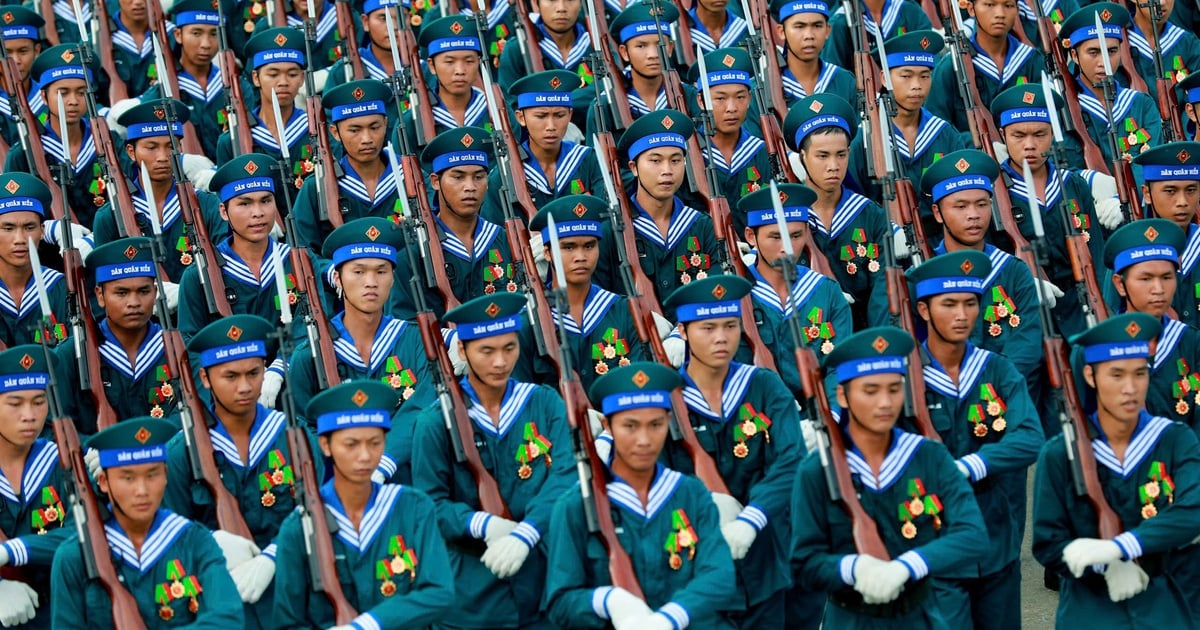
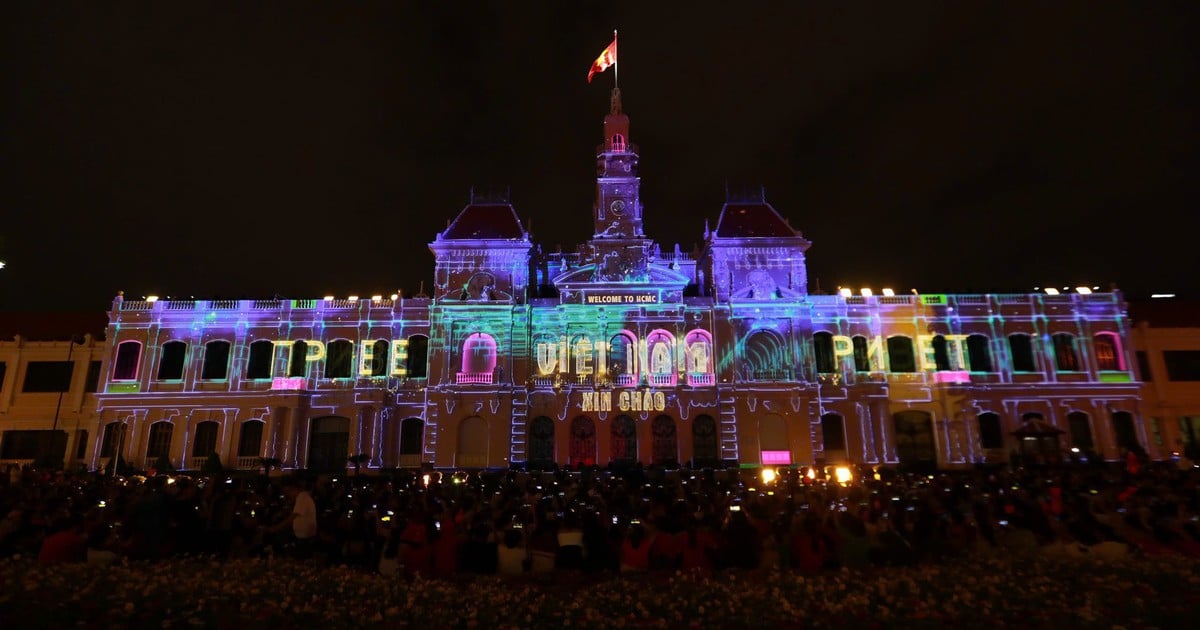



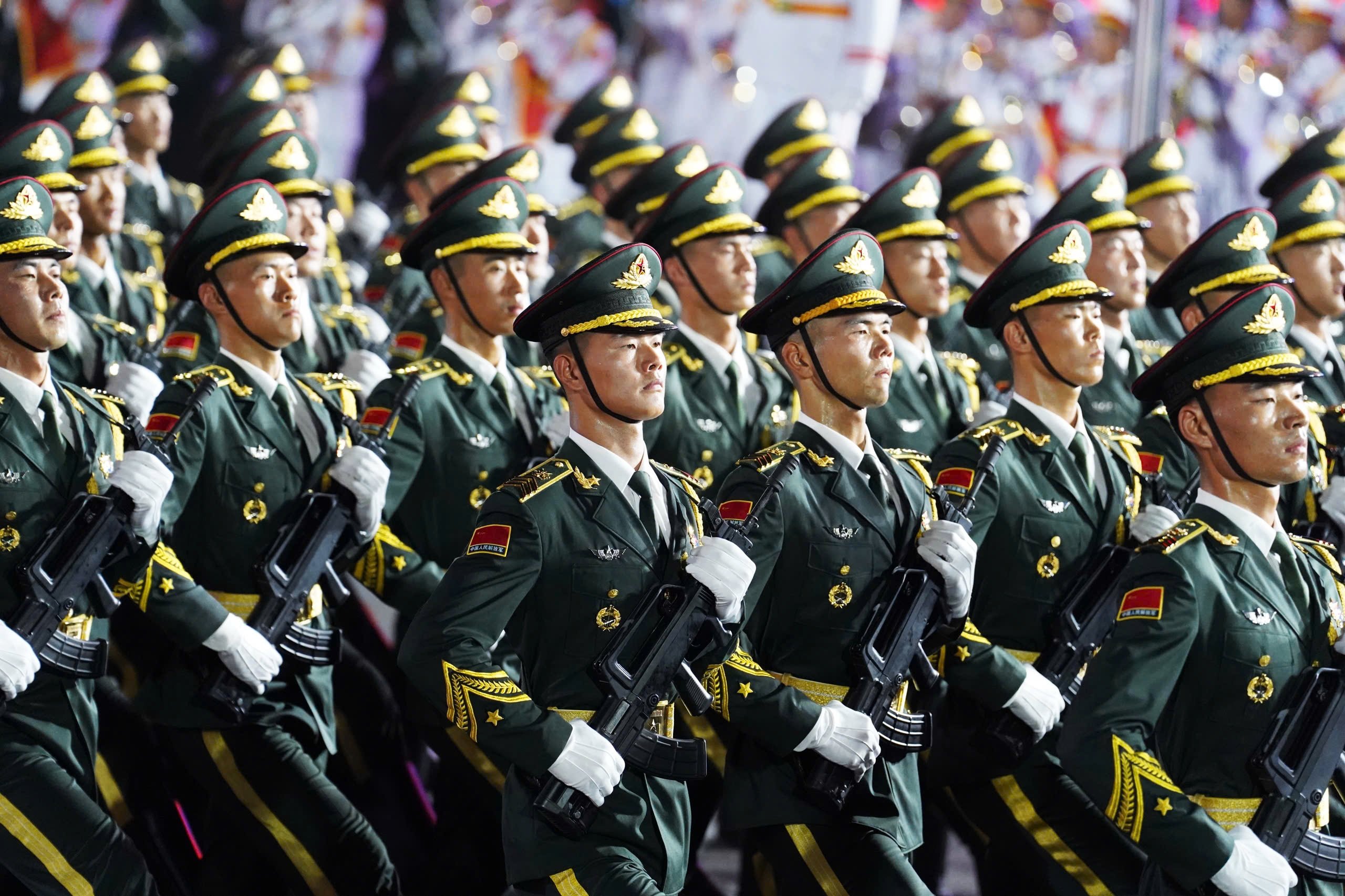
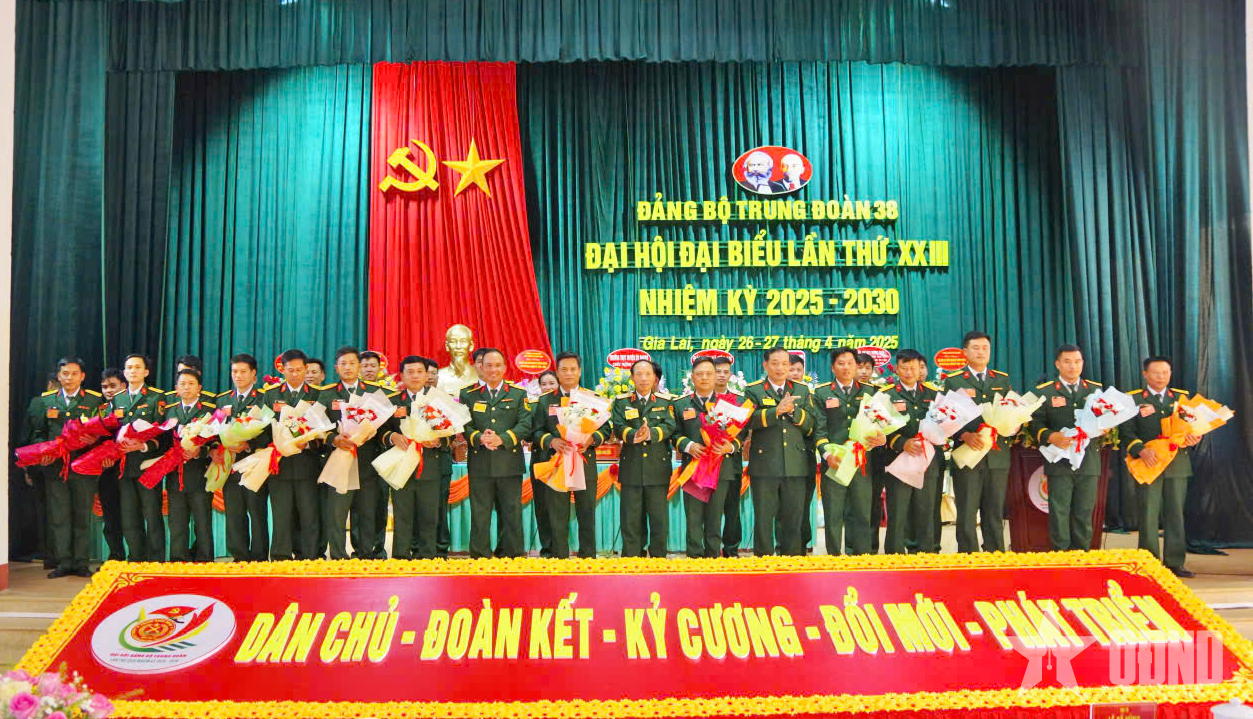
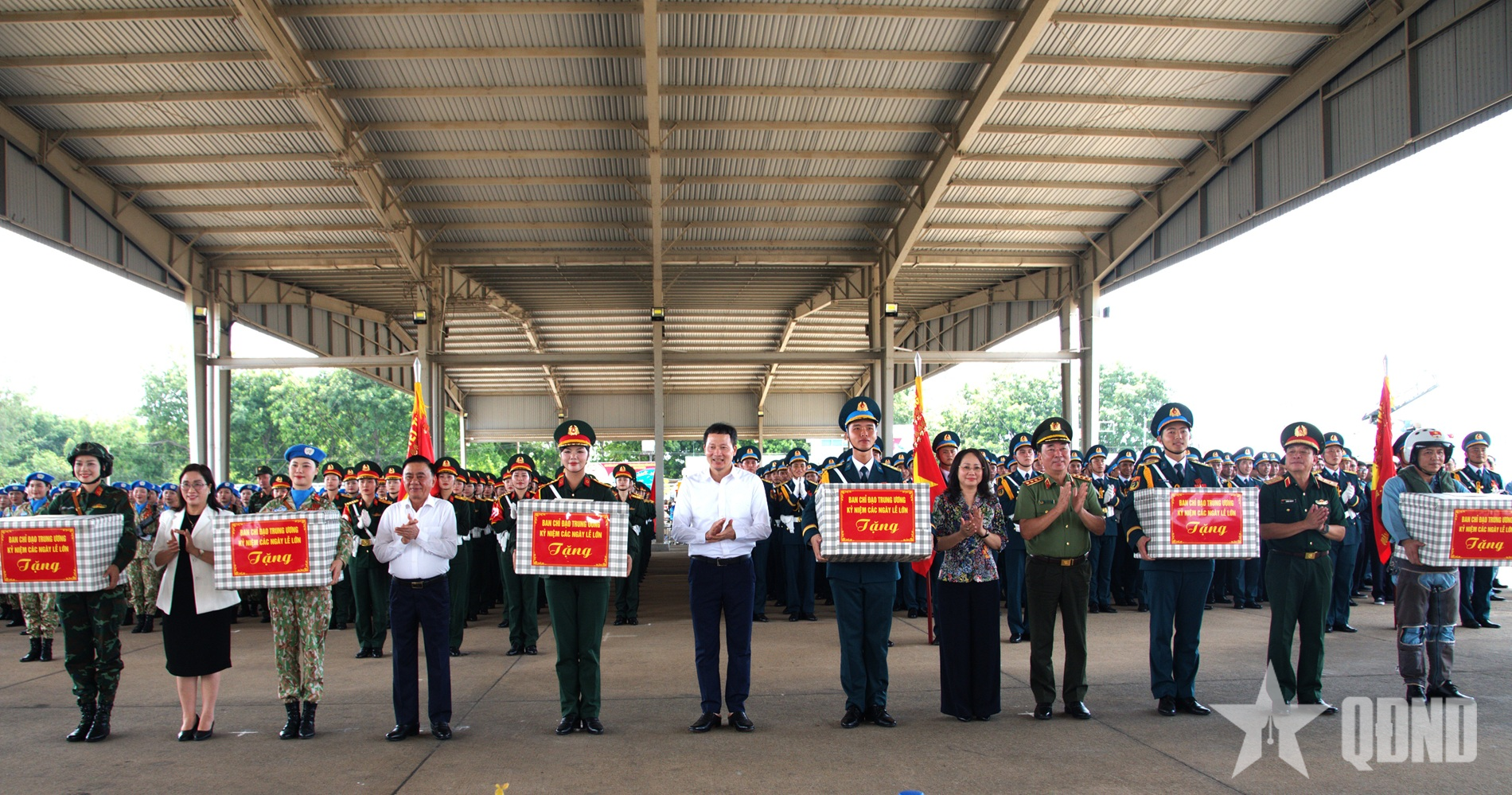




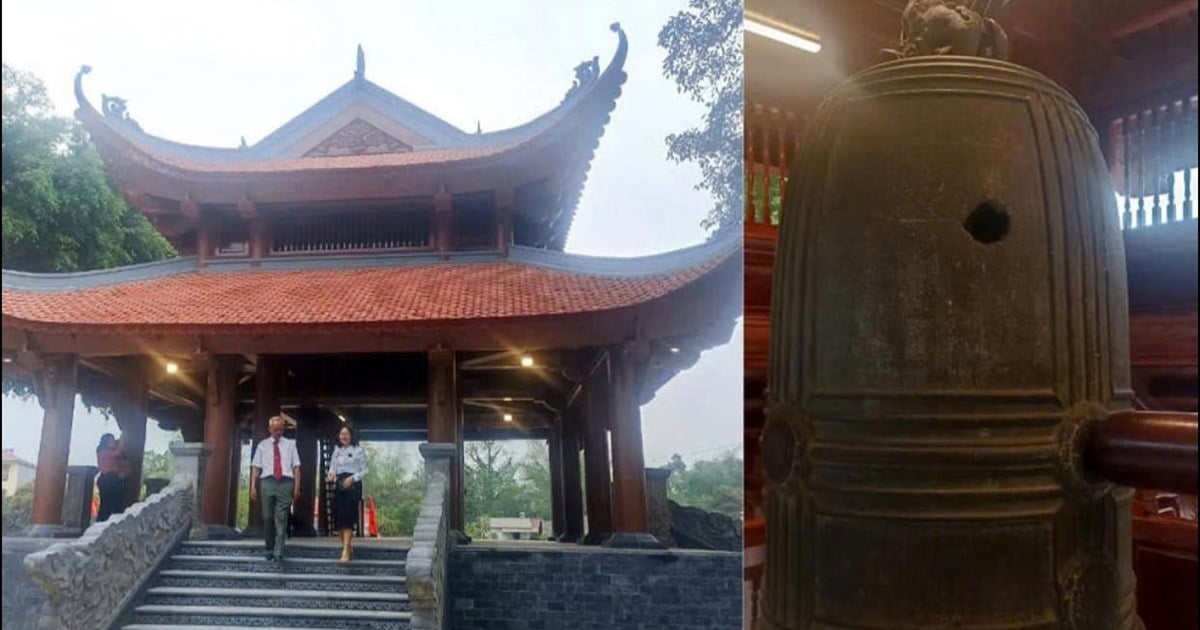

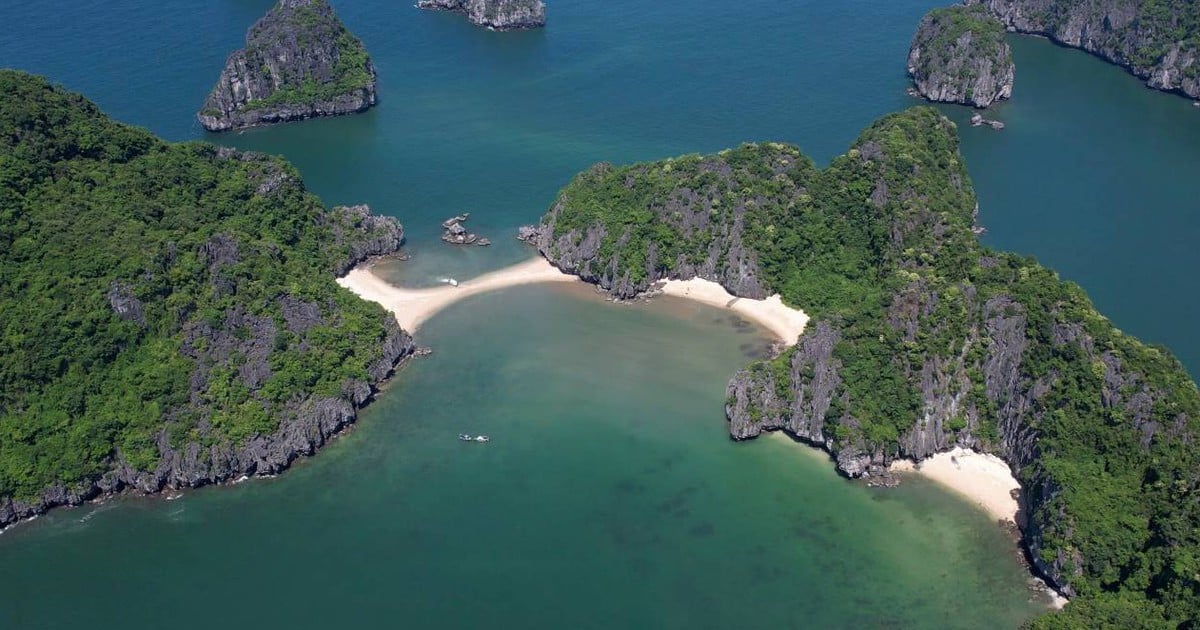

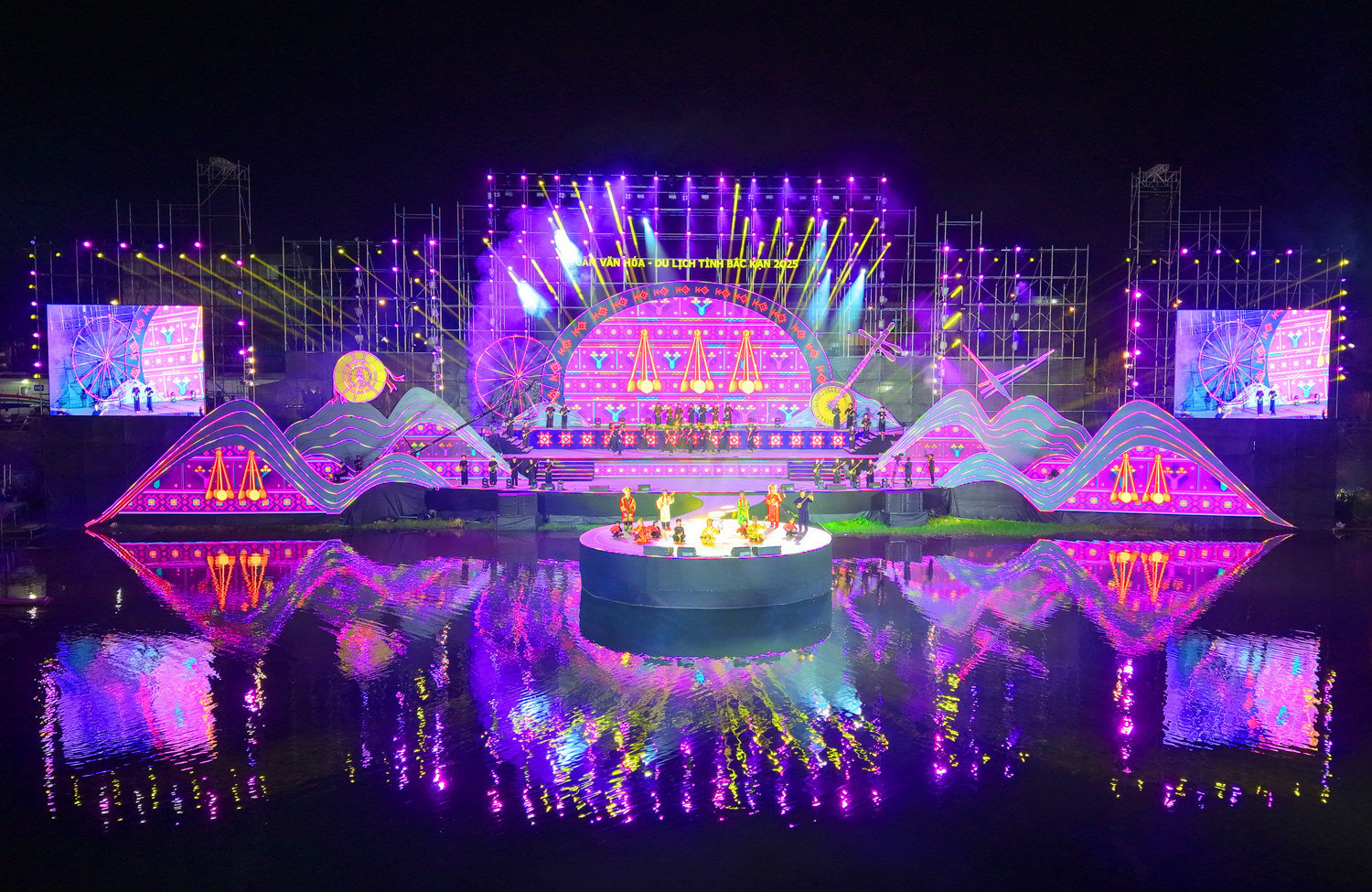



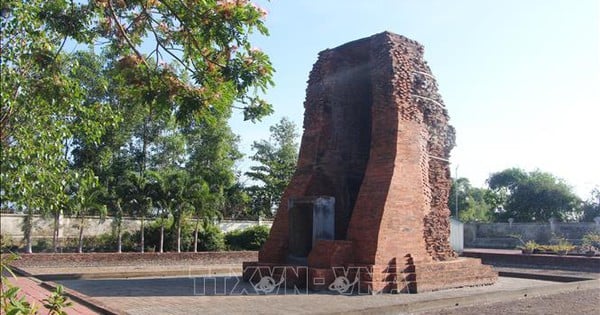
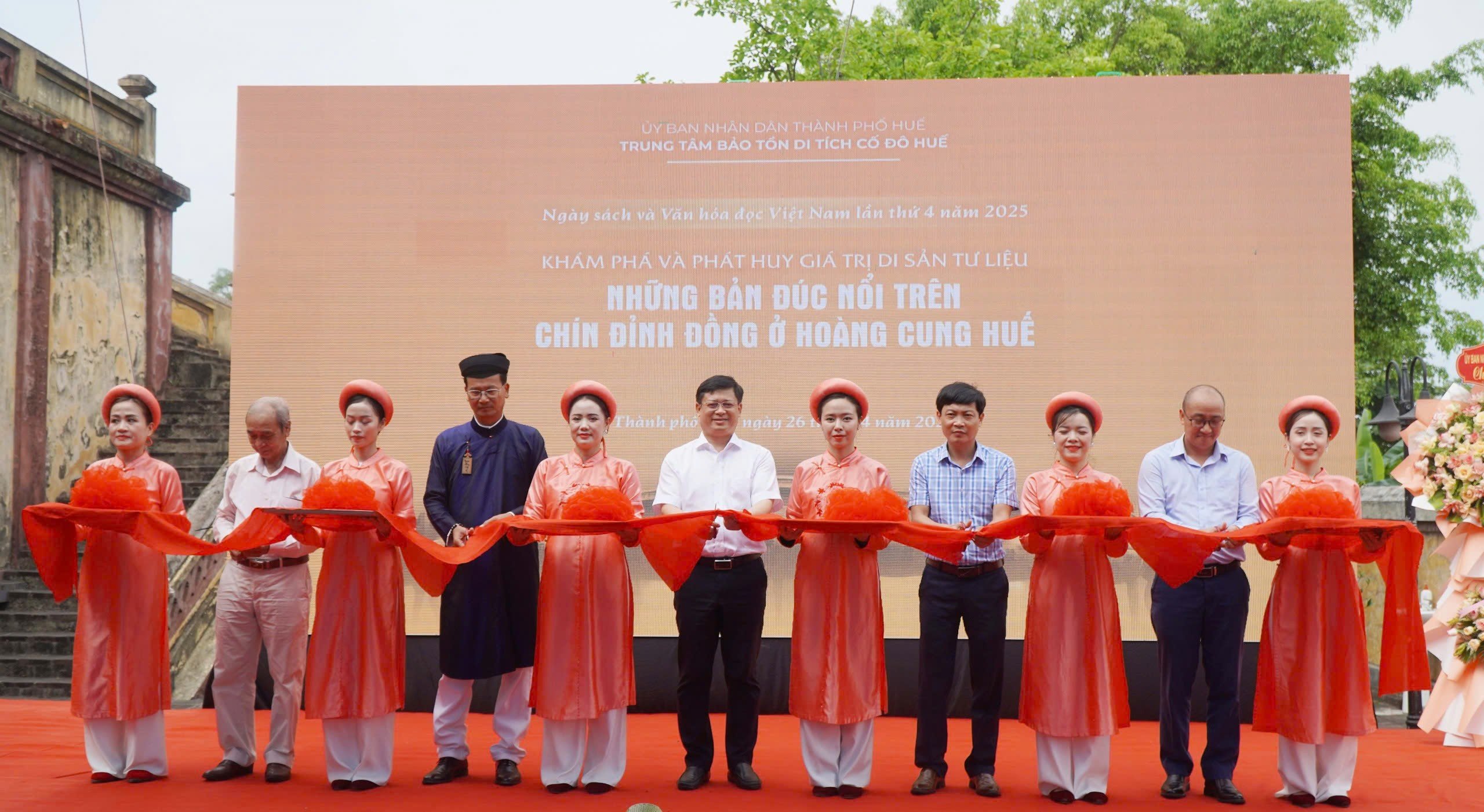














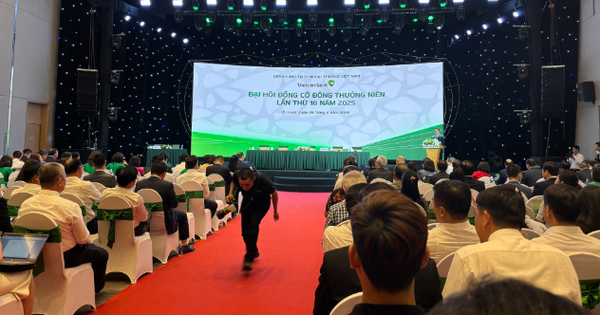





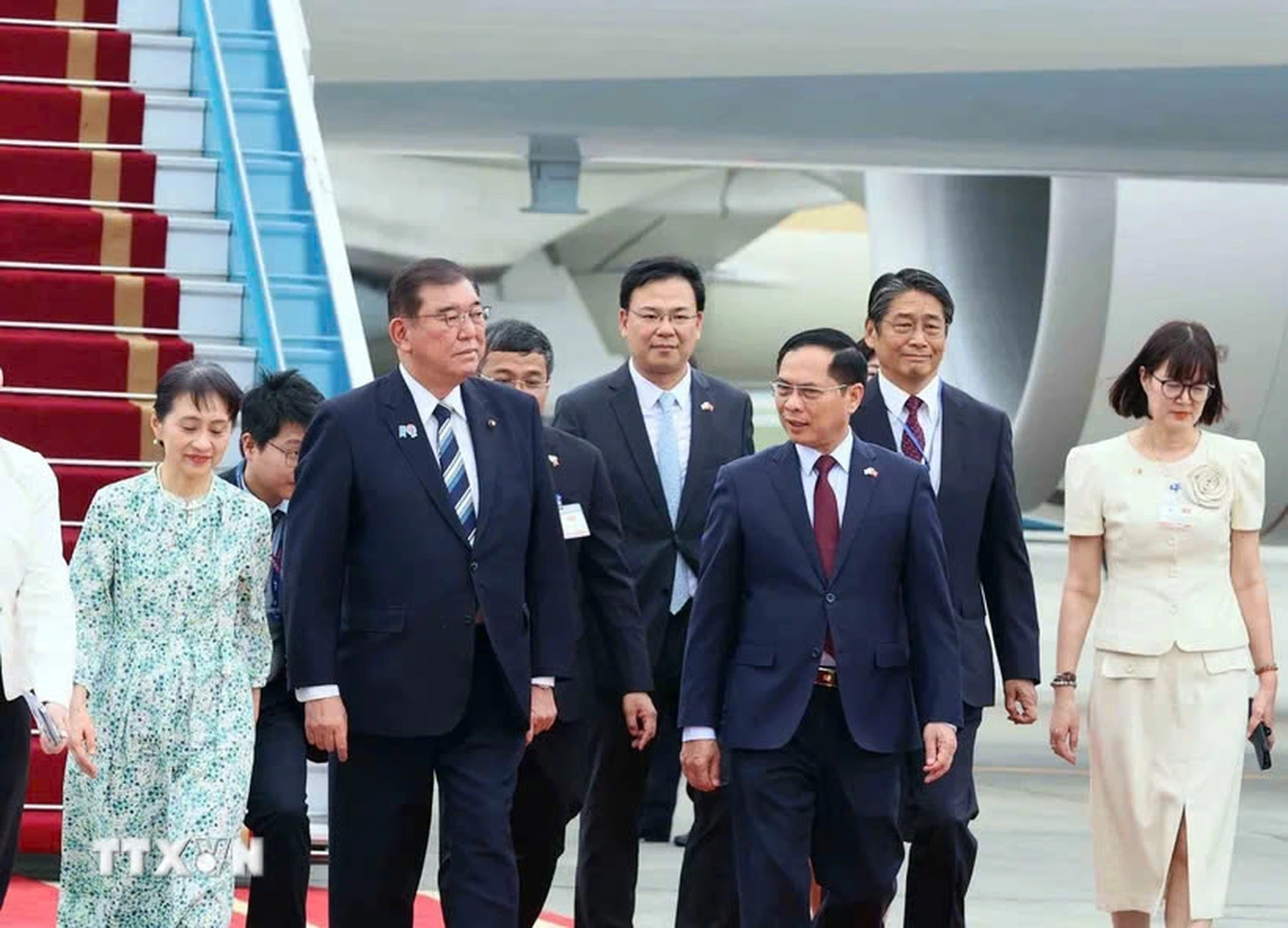

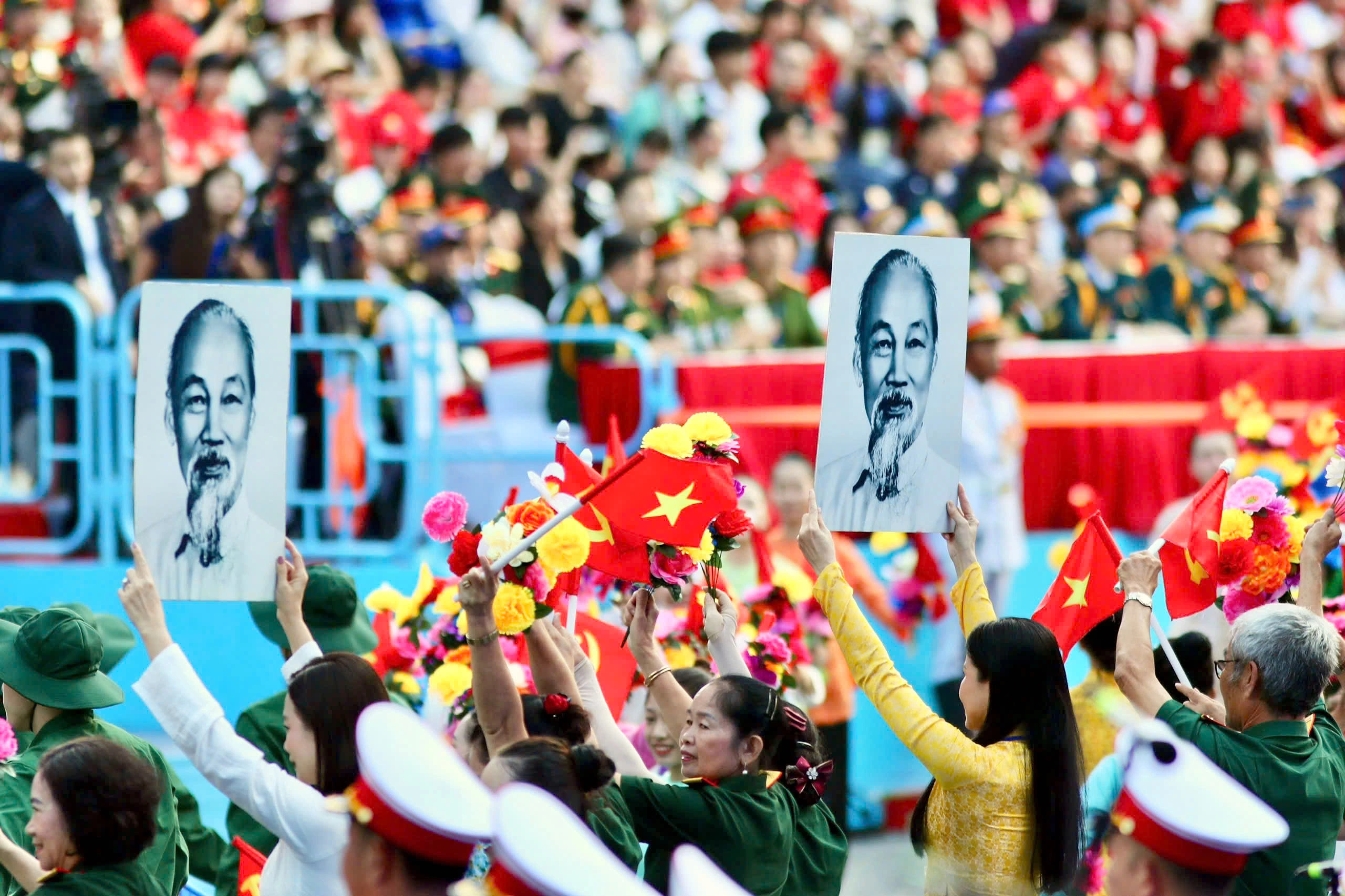
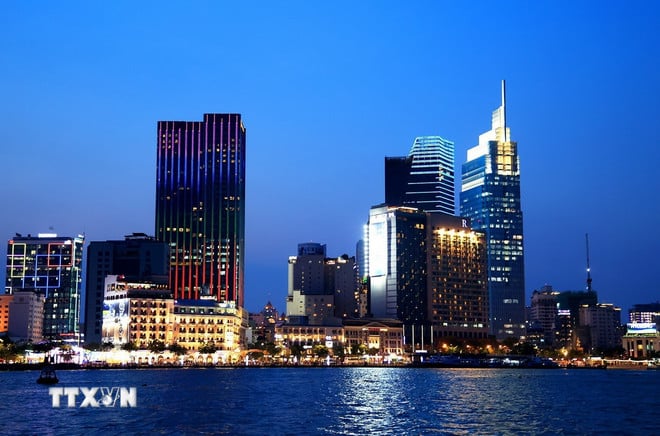

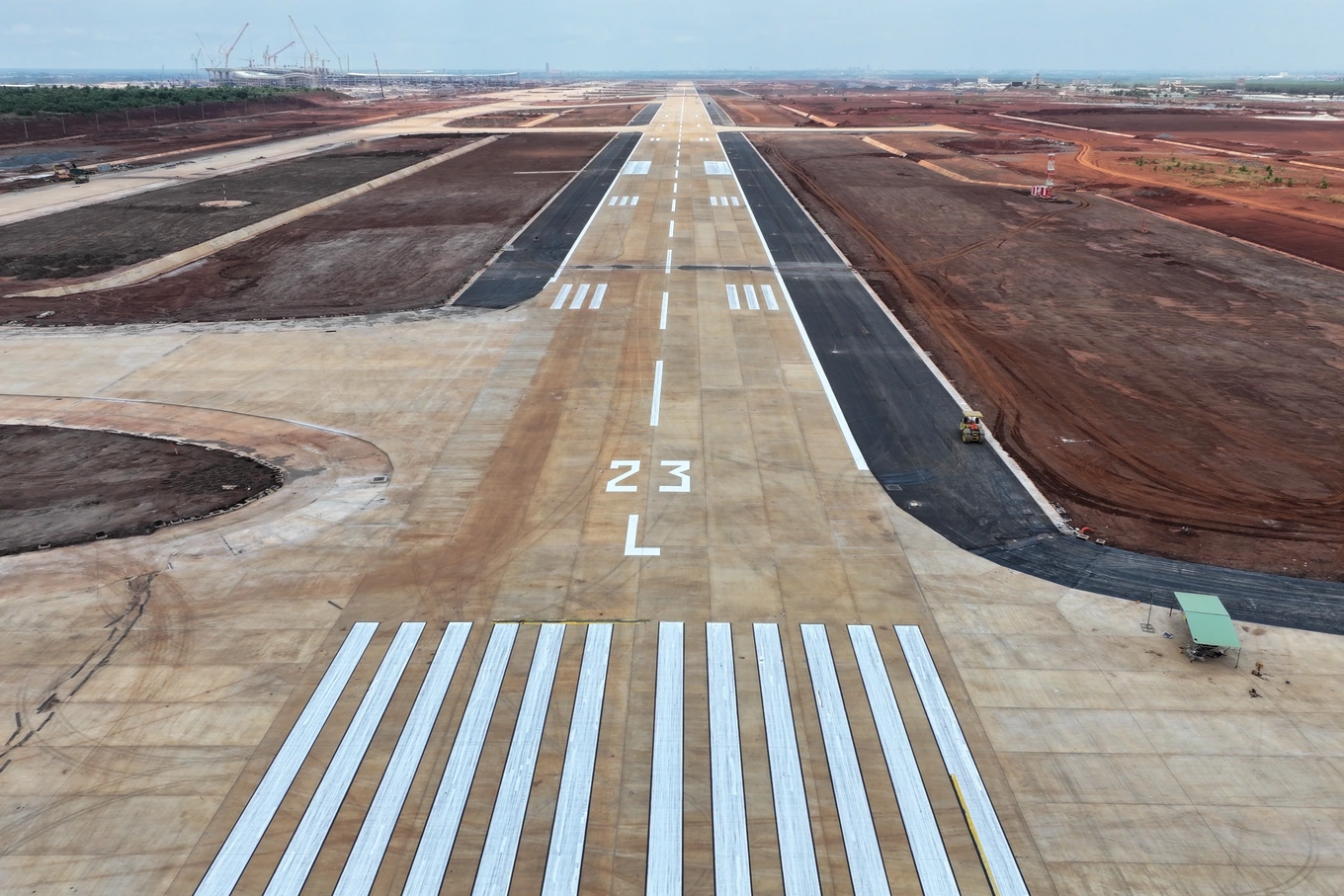



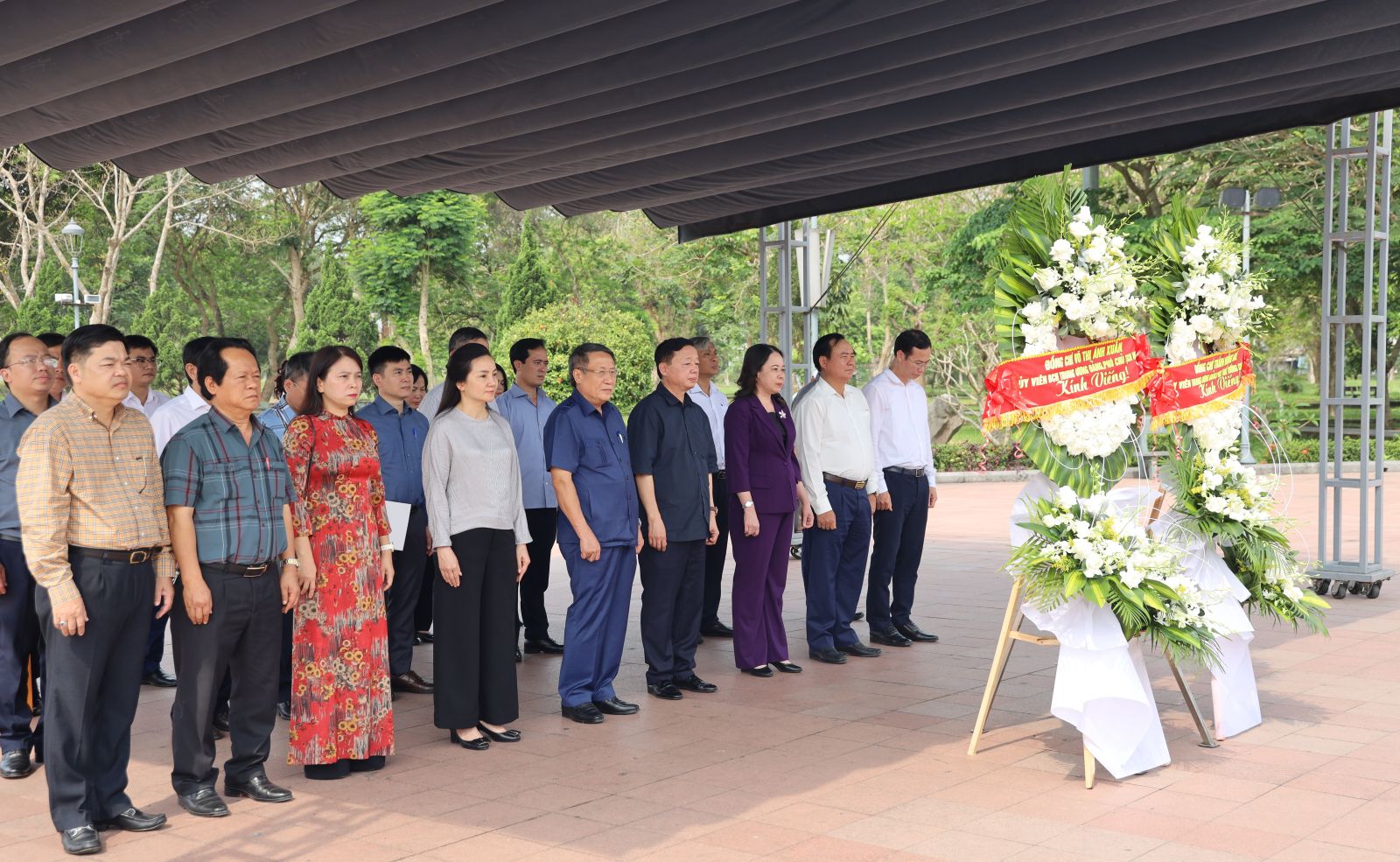

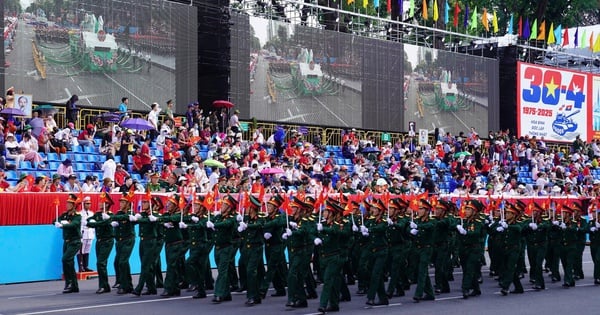



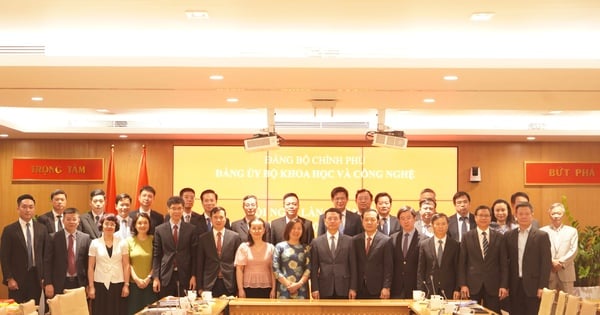





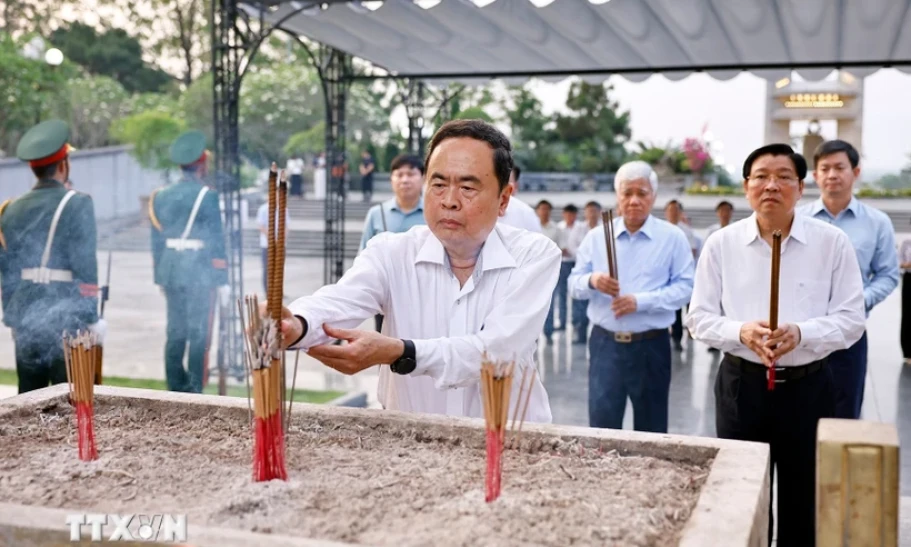





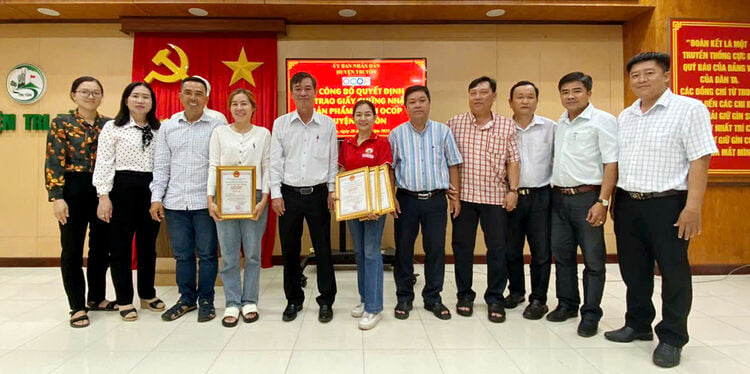

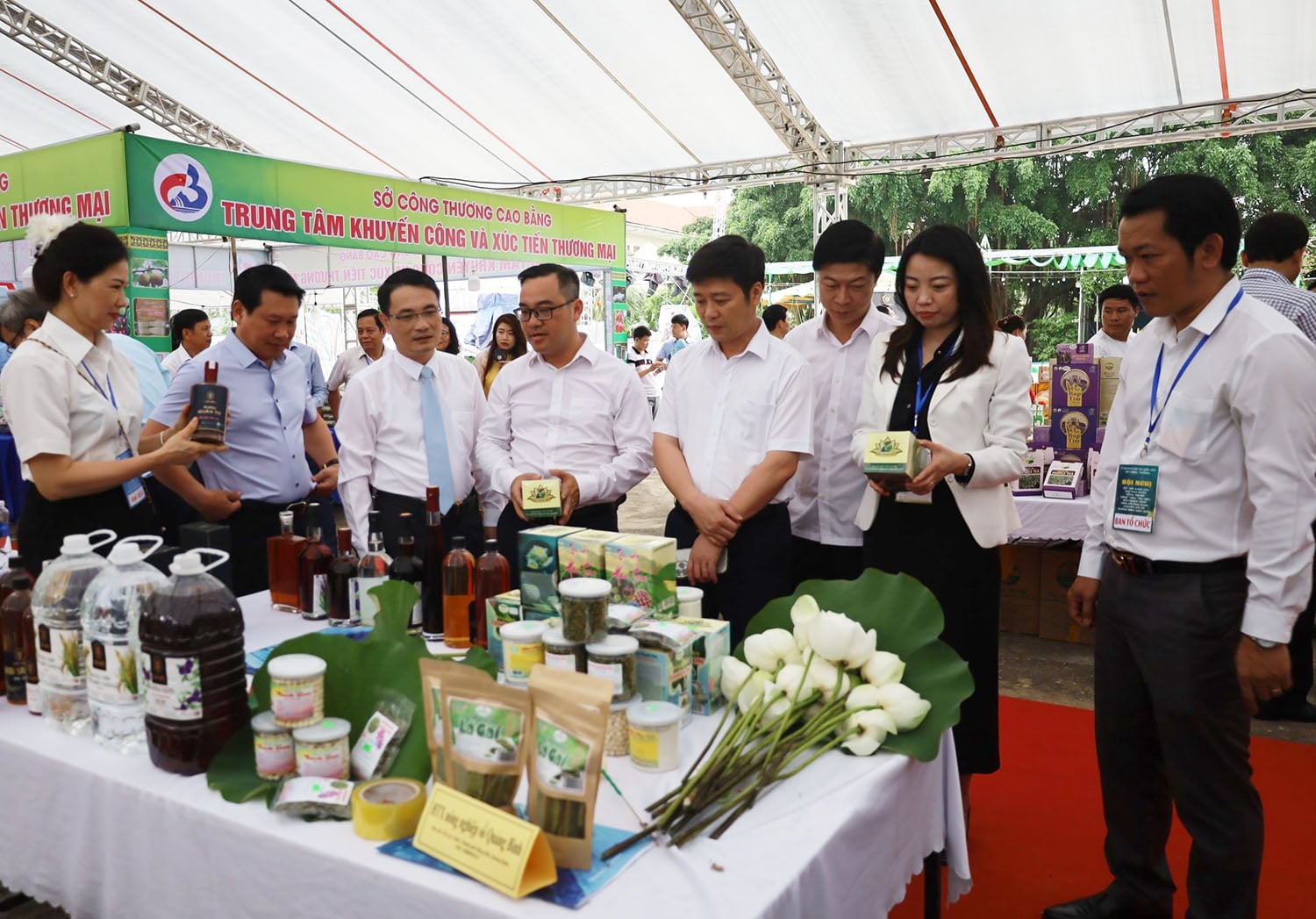



Comment (0)